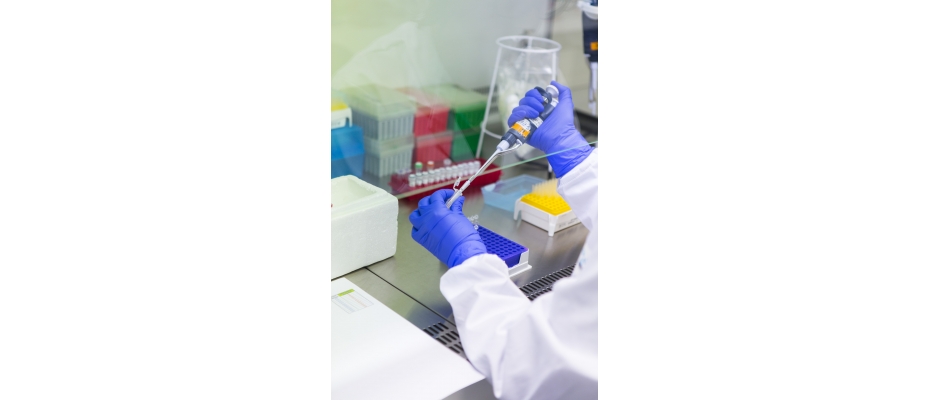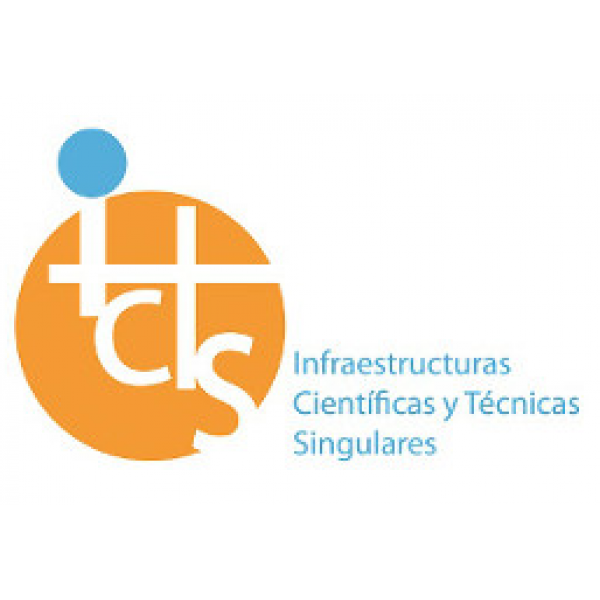
The research, by an international team led by scientists from the McGill University and Genome Quebec Innovation Centre in Montreal, underscores the importance of investigating possible sources of exposure to aristolochic acid. The compound, found in plants of the Aristolochia genus, also has been suspected of causing a kidney disease known as Balkan endemic nephropathy, affecting people along the tributaries of the Danube River in Croatia, Bosnia and Herzegovina, Serbia, Bulgaria and Romania. Aristolochia clematitis, or European birthwort, is a common plant throughout the Balkans.
Results of the study, which focused on the most common form of kidney cancer – clear-cell renal cell carcinoma -- are reported in Nature Communications and reveal an apparent link between exposure to aristolochic acid and incidence of kidney cancer, particularly in Romania.
Renal cancer accounts for 2.4% of all adult cancers and more than 140,000 deaths annually
Incidence rates have been increasing sharply, with the highest rates occurring in Central Europe. The CNAG contributed to the study by sequencing some of the samples. Specifically, the sequencing strategy consisted in performing whole-genome sequencing on DNA isolated from blood and tumour tissue samples and RNA sequencing on tumour and matched normal tissue samples taken from a total of 94 kidney-cancer patients in four countries: the Czech Republic, Romania, Russia and the United Kingdom.
The specific sequence context surrounding these mutations and their predominance on the non-transcribed strand of DNA enabled to hypothesize that the mutation is due to exposure to aristolochic acid during the patient’s lifetime.This same mutation pattern is found in patients suffering from urinary-tract cancer associated with Balkan endemic nephropathy. That disease is thought by many scientists to be due to consumption of wheat flour contaminated with seeds of Aristolochia clematitis. Aristolochic acid is also used in herbal remedies in parts of Asia.
The study was conducted under the Cancer Genomics of the Kidney (CAGEKID) program as part of the International Cancer Genome Consortium (ICGC). The CNAG is an active member of the ICGC and participates in several projects: the study of the biomolecular characterization of Leiomyosarcoma tumors, the French initiative focused on prostate cancer, the also French project on the Ewing sarcoma and the Spanish initiative on Chronic Lymphocytic Leukemia (CLL) that aims to generate a comprehensive catalogue of genomic alterations involved in the development and progression of the disease.
Work of reference:










